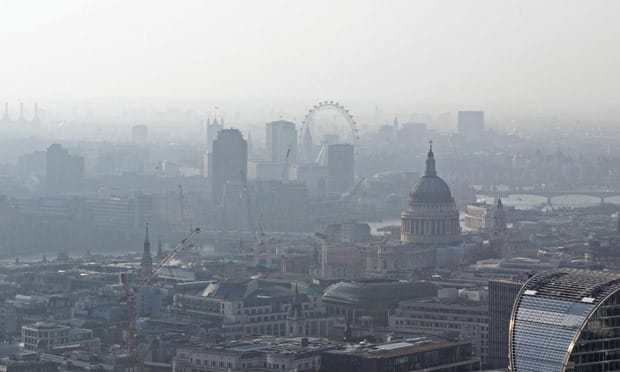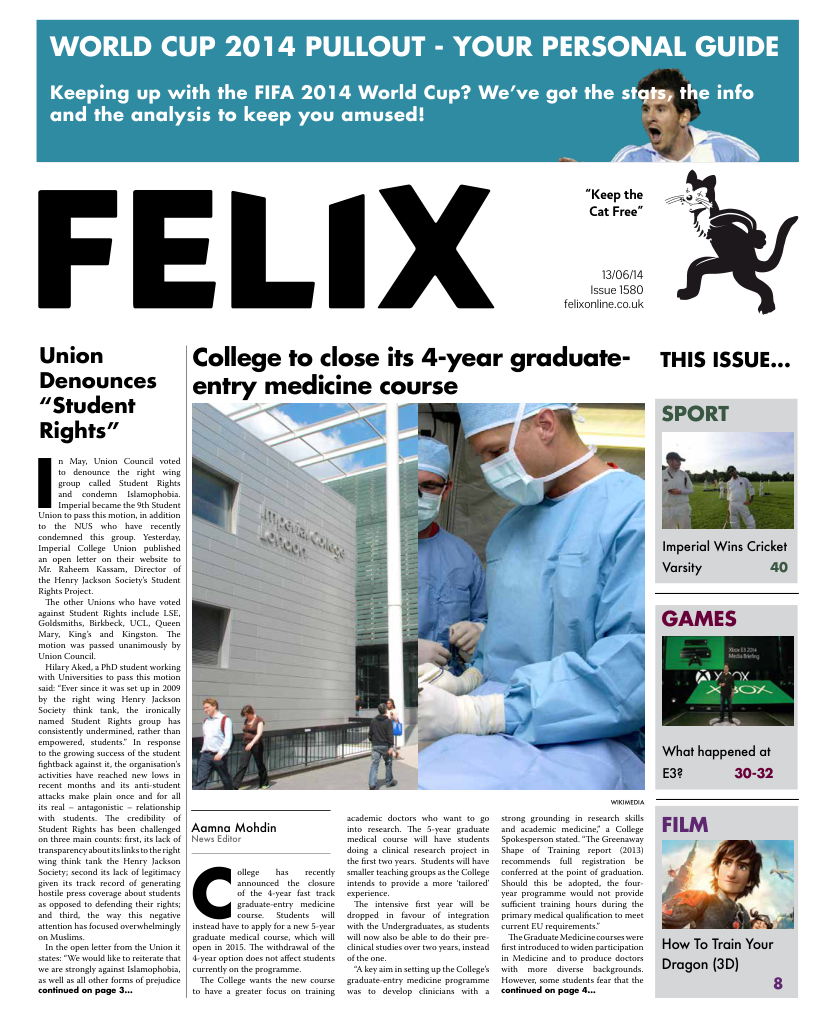London pollution linked to heart complications
Mimi Li on the dangers of living in a polluted city.

London is one of the most polluted cities in Europe and it is no surprise to hear that this pollution has potentially harmful effects on our health. Air pollution has previously been linked to an increased risk of cardiovascular and respiratory disease, as well as cancer. An estimated 7 million deaths per year are a result of air pollution exposure according to the World Health Organisation.
Newly published research links short-term air pollution to an increased risk of atrial fibrillation (irregular heartbeat) and pulmonary embolism (blood clot in the lungs).
The research team, from the London School of Hygiene & Tropical Medicine, used national databases in England and Wales to correlate incidence of cardiovascular disease with local levels of air pollutant. These databases recorded statistics on hospital admissions for heart attack, stroke and other emergency admissions. Air pollutants levels were measured using data from local air quality monitoring stations; these included: carbon monoxide, nitrogen dioxide, particulate matter, sulphur dioxide and ozone.
The level of PM2.5, a type of particulate matter, was strongly linked to an increased risk of atrial fibrillation and pulmonary embolism. There was, however, no clear link between air pollutants and cardiovascular death (from heart attack or stroke). Nitrogen dioxide exposure was linked to increased hospital admissions for cardiovascular problems, including heart failure, as well as a particular type of heart attack (non-ST elevation). The researchers conclude that there is no clear evidence that short-term exposure to air pollution increases risk of heart attack or stroke.
Stroke and heart attack are the well-known ‘killers’, but atrial fibrillation and pulmonary embolism are also serious conditions. Atrial fibrillation puts you at an increased risk of stroke, and pulmonary embolism is a potentially life-threatening condition, which can cause collapse and death. Elderly patients and those with pre-existing heart conditions are at increased risk of developing serious complications.
This study has helped to provide further evidence on the adverse effects of air pollution on health. However, the picture is still unclear.








